Boost Psychological Safety with the TERA Quotient
Leaders and coaches face the challenge of fostering an environment where team members feel safe, valued, and motivated. Enter the TERA quotient, a concept introduced by Michael Bungay Stanier in his book ‘The Coaching Habit’.
TERA stands for Tribe, Expectation, Rank, and Autonomy—four psychological drivers that significantly impact how safe or threatened someone feels in social situations, including coaching conversations. The TERA quotient offers a framework to enhance psychological safety, enabling better collaboration, communication, and innovation. Let’s dive into what it means and how to apply it.
Understanding the TERA Quotient The TERA quotient is about creating a sense of safety by addressing four key factors:
1. Tribe: Are You With Me or Against Me?
Humans are wired to seek belonging. When someone feels you’re on their side or part of their "tribe," they’re more open and receptive.
Building rapport and finding common ground—such as shared experiences or mutual goals—can quickly foster this sense of connection. How to boost Tribe: Show genuine interest in the person’s perspective and goals. Use inclusive language like "we" or "us." Share relevant experiences to establish a bond.
2. Expectation: Do I Know What’s Coming?
Uncertainty can be unsettling. When people understand what to expect, they feel more in control and at ease. Clear communication about processes, outcomes, and intentions reduces anxiety and enhances engagement. How to set clear Expectations: Explain the purpose and structure of the conversation. Outline next steps or potential outcomes. Avoid ambiguity by asking questions to confirm understanding.
3. Rank: How Do I Compare to You?
Perceived power dynamics can make or break a conversation. If someone feels lower in status or disempowered, they’re less likely to engage or take risks. Flattening hierarchies and showing respect help create a more balanced dynamic. How to equalise Rank: Avoid condescension or superiority. Emphasise confidentiality and clarify intentions, especially in managerial roles. Empower the other person by valuing their input and ideas.
4. Autonomy: Do I Have Control Over This?
The need for autonomy is universal. When people feel they have the freedom to make choices or influence outcomes, they are more motivated and engaged. How to promote Autonomy: Encourage decision-making and self-directed problem-solving. Ask open-ended questions to guide rather than dictate. Respect boundaries and avoid micromanaging.
Practical Tips to Increase the TERA Quotient Build rapport:
Build rapport through empathy and shared goals.
Set clear expectations from the start.
Flatten hierarchies to promote trust.
Empower individuals to take ownership.
In conclusion the TERA quotient isn’t just a tool for coaching; it’s a mindset for cultivating a thriving, inclusive culture. By focusing on Tribe, Expectation, Rank, and Autonomy, you create a space where individuals feel safe, valued, and empowered. This, in turn, fosters stronger relationships, drives innovation, and unlocks greater potential within your team. So, the next time you engage in a coaching conversation or lead a meeting, ask yourself: How can I increase the TERA quotient in this interaction? Start small, and watch as these principles transform your workplace into a hub of collaboration, creativity, and trust.


